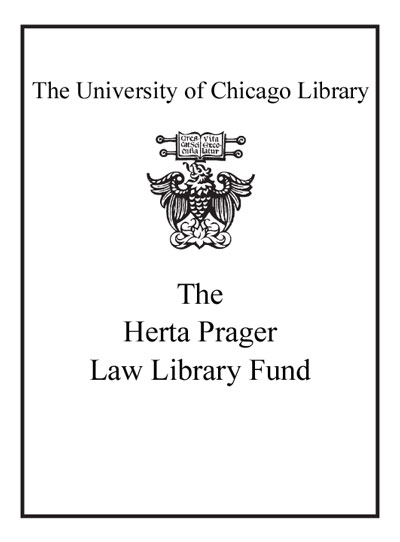Review by Choice Review
The study of comparative constitutional courts inevitably points to differences and similarities in political cultures. Focusing on the US and Germany, this collection complements other comparative works yet differs in its approach of constitutional litigation. Conceptualized as a sociolegal process, litigation is conceived as a dispute-processing mechanism wherein social and political conflicts are transformed into legal disputes and then into social or political conflicts. The process has three phases: mobilization of disputes, decision making in courts, and implementation of judicial decisions. Taking into account economic and social changes, the essays cover all three phases and outline ways in which the two constitutional systems are historically specific. The essays stress the importance of the courts' institutional structure in that development. Some contributors explain how different institutional structures provide different opportunities for judges to develop distinctive agendas or how different structures induce agenda construction at different points in the process. Others show how different political structures provide different opportunities for implementing constitutional change through litigation. The essays offer valuable models for assessing the direction of comparative constitutional law as a field with attention to the consequences of institutional structure, design choices, and changes. With well-presented illustrative tables, this book is an excellent contribution to the field. ^BSumming Up: Recommended. Undergraduates, graduate students, and faculty. M. G. Pufong Valdosta State University
Copyright American Library Association, used with permission.
Review by Choice Review

